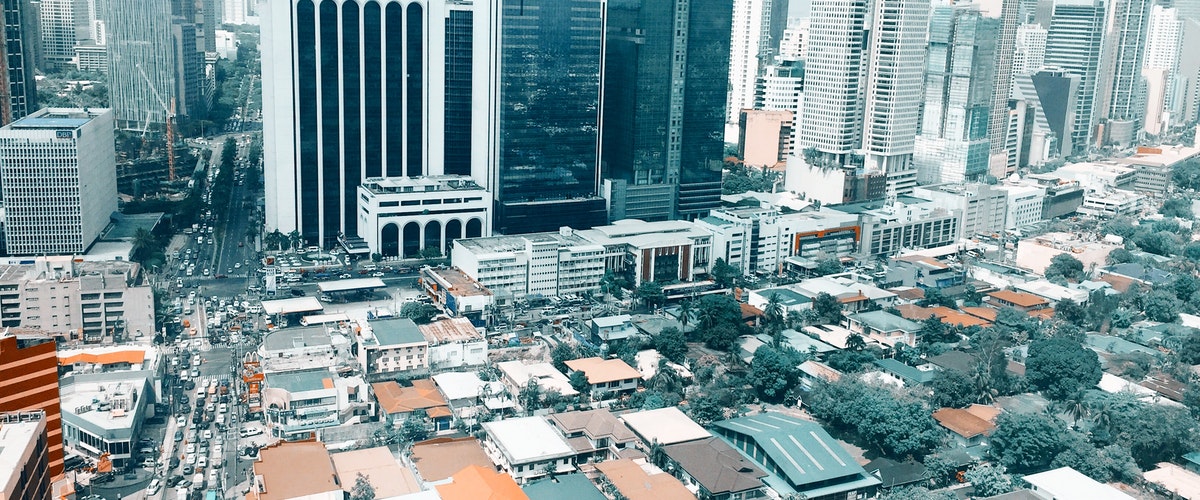The government should look at the lessons from the COVID-19 pandemic to rebuild a better post-pandemic Philippines, one that is equipped with proper safeguards from such catastrophes to prevent the reversal of years of economic growth and progress, according to a new report.
The discussion paper, newly released by the Philippine Institute for Development Studies, said rebuilding a better Philippines will involve actions and policies that help make businesses more ethical, pursue green and inclusive recovery, and maintain a robust and healthy workforce.
For ethical businesses, companies should be enjoined to adopt universally recognized environmental, social, and corporate governance metrics to help reduce inequality and strengthen discipline in company activities, said the report, entitled Reset and Rebuild for a Better Philippines in the Post-Pandemic World.
The country’s competition framework must also be further strengthened and an equal environment for different businesses in similar industries must be created.
For green and inclusive recovery, authors Adoracion Navarro, Margarita Debuque-Gonzales and Kris Francisco urged the government to make space for “greening” in the stimulus packages, such as in the short-term stimulus for micro, small and medium enterprises (MSMEs).
“Short-term stimulus packages for MSMEs have a swift turnaround and can quickly create jobs. These can be expanded from more than wage subsidies to cover also support for accelerated adoption of sustainable solutions and technologies, such as cleaner production processes, pollution prevention systems, water and energy reduction techniques, recyclable biodegradable packaging solutions, solid and liquid waste management initiatives, and efficiency enhancing digital technologies,” the paper said.
“With the expansion of economic activities that will be supported by stimulus packages, the economy will regain old jobs lost and absorb newly created ones. This will also give the MSMEs the push to capture the value added from green growth opportunities in the medium to long term.”
Moreover, in the rescue packages for large strategic industries, the support can either impose conditions to adopt green practices or offer rewards for their green and resilience-building initiatives, or both.
The infrastructure program can also be turned into an opportunity for green recovery by creating a pipeline of needed climate-smart infrastructure projects and tapping climate financing and public-private partnerships for these.
The Philippines must also identify and invest in green growth areas, such as productive and regenerative agriculture, sustainable urban development and transport, clean energy transition, circular economy, and healthy and productive oceans.
Investment opportunities must also be seized in areas where addressing the problem is a huge challenge, such as in waste management and ecosystem conservation activities.
Finally, for a robust and healthy workforce, the country needs to invest heavily in reskilling and upskilling programs, especially in skills crucial for the future—problem-solving, self-management, working with people, and technology use and development.
The social protection system also needs to be revamped to cover the growing employment in the gig economy and to strengthen the health support programs.
The Philippines must also improve digital readiness and address the digital divide through government policies and public and private investments, the paper said.
The workers of the future must also be included in government interventions, which can be through such strategies as improving teachers’ digital competencies, incorporating digital skills in student curriculums, and providing needed materials to both students and teachers.
Source: PHILEXPORT News and Features
October 29, 2021













